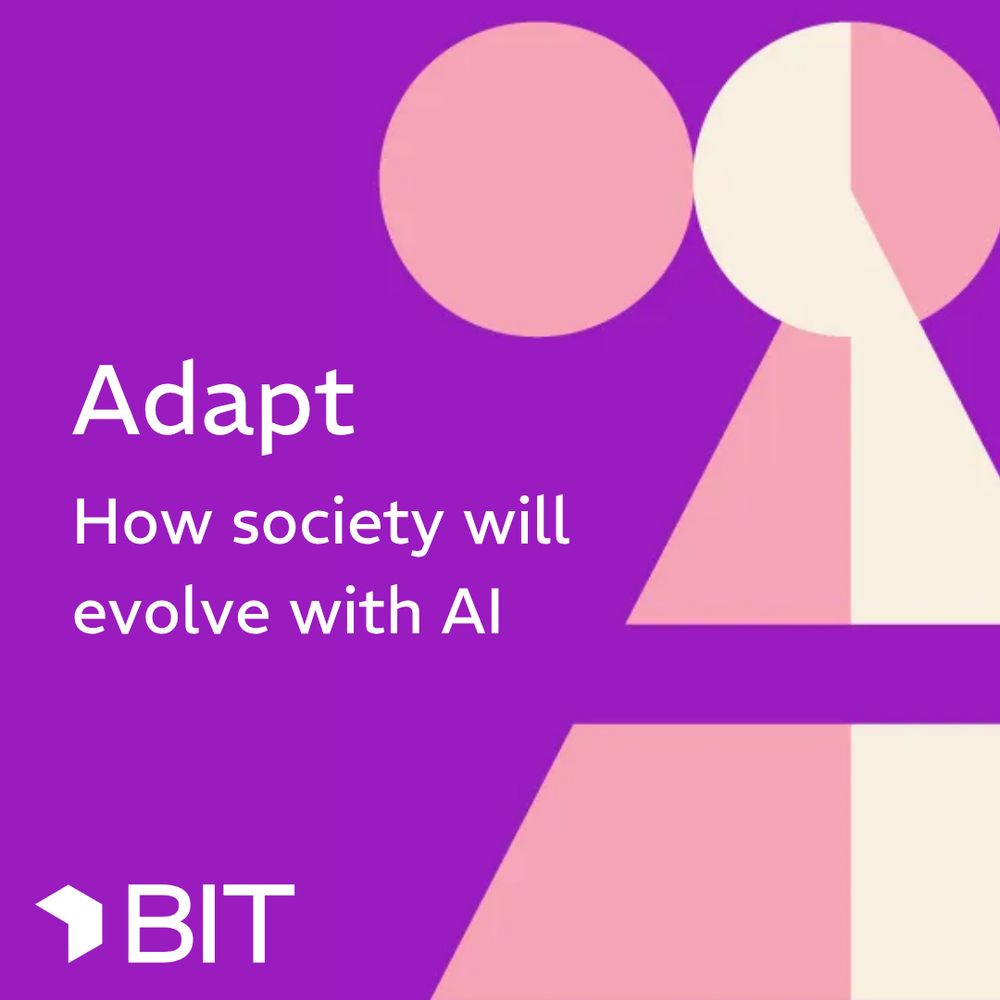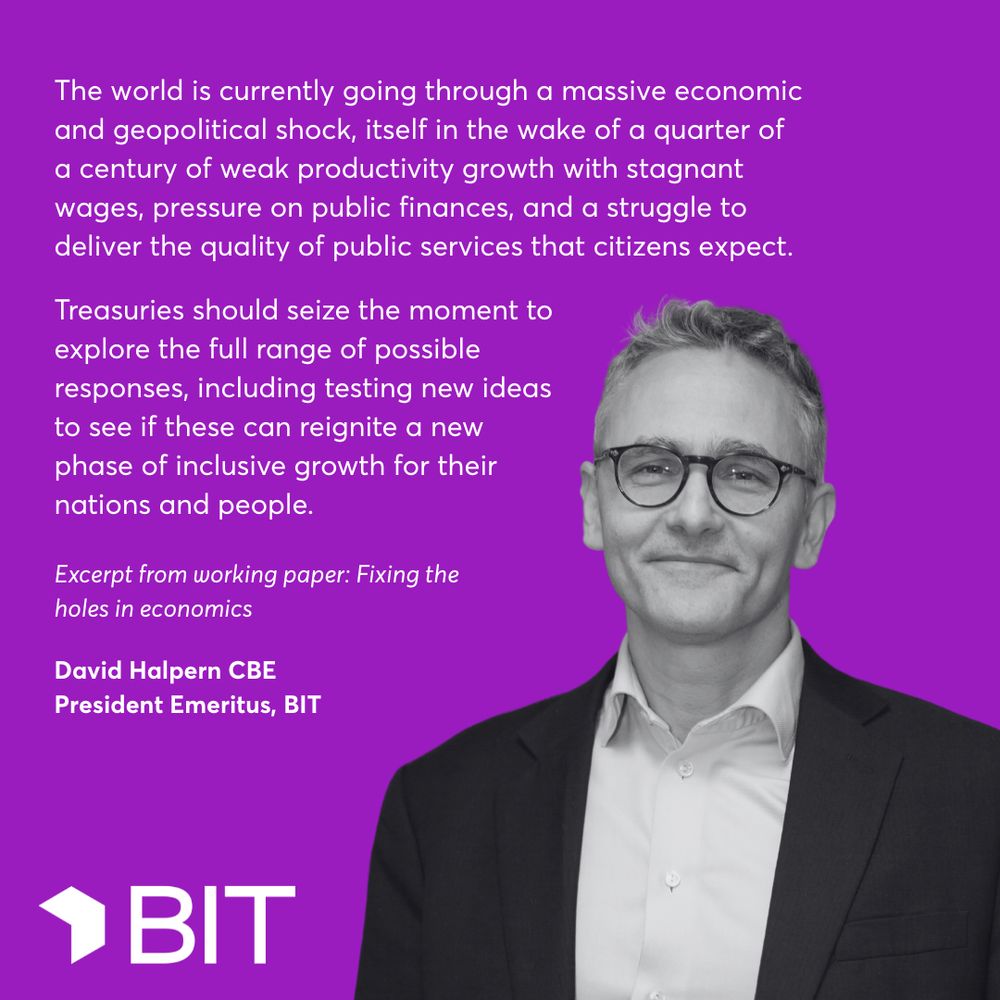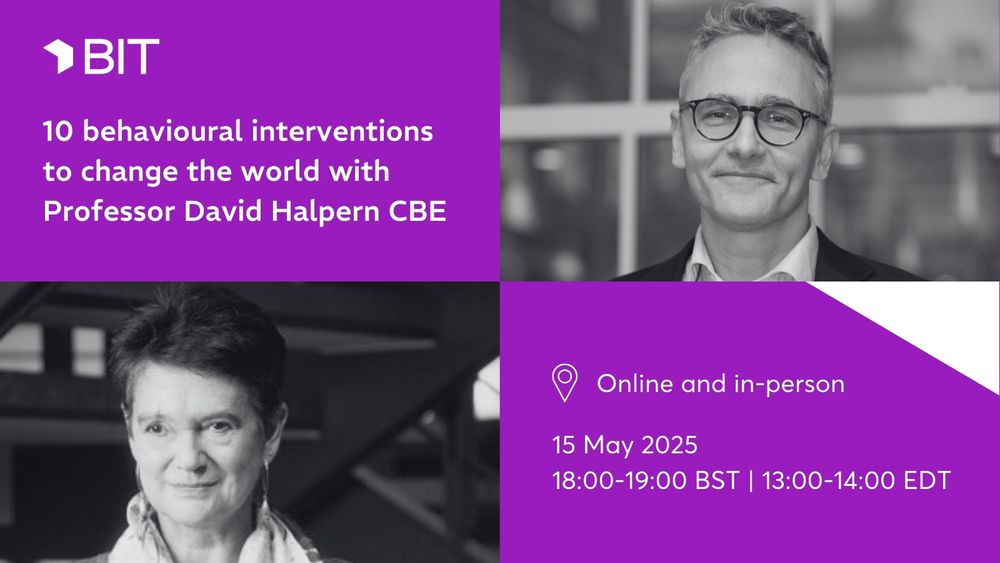
AI adoption is accelerating - but mostly happening reactively, outside organisational planning or governance. That creates risks, because the way we adapt to AI today will lock in the habits of tomorrow.

AI adoption is accelerating - but mostly happening reactively, outside organisational planning or governance. That creates risks, because the way we adapt to AI today will lock in the habits of tomorrow.
For the first time, we are not just using AI as a tool; we are interacting with it, confiding in it, and being influenced by it in ways we are only beginning to understand.

For the first time, we are not just using AI as a tool; we are interacting with it, confiding in it, and being influenced by it in ways we are only beginning to understand.
For AI to advance, developers need to design systems that reliably choose when to think fast or think slow - adapting their approach to the task at hand.

For AI to advance, developers need to design systems that reliably choose when to think fast or think slow - adapting their approach to the task at hand.
The first chapter in our new four-part framework - AI & human behaviour - looks at what drives or holds back AI adoption, and how leaders can encourage deep integration of AI that complements and enhances human work.
bit.ly/46hqWm8

The first chapter in our new four-part framework - AI & human behaviour - looks at what drives or holds back AI adoption, and how leaders can encourage deep integration of AI that complements and enhances human work.
bit.ly/46hqWm8
Our behavioural audit for @ofcom.bsky.social found major platforms use design to maximise engagement—often at the cost of user well-being.
Here’s how better design could support healthier, more intentional online habits 👇 bit.ly/4kKu3rL
Our behavioural audit for @ofcom.bsky.social found major platforms use design to maximise engagement—often at the cost of user well-being.
Here’s how better design could support healthier, more intentional online habits 👇 bit.ly/4kKu3rL
Ahead of BIT’s inaugural President’s Lecture, David Halpern explores how behavioural and institutional insights are challenging economic models - and how this could reshape policymaking.
Read the full paper: bit.ly/430ireS

Ahead of BIT’s inaugural President’s Lecture, David Halpern explores how behavioural and institutional insights are challenging economic models - and how this could reshape policymaking.
Read the full paper: bit.ly/430ireS
Join BIT’s founder Professor David Halpern, as he shares the top 10 behavioural interventions he believes could transform the world.
Chaired by @dianecoyle1859.bsky.social expect bold ideas and an exploration of the future of applied behavioural science.
Register: bit.ly/43DIkSu

Join BIT’s founder Professor David Halpern, as he shares the top 10 behavioural interventions he believes could transform the world.
Chaired by @dianecoyle1859.bsky.social expect bold ideas and an exploration of the future of applied behavioural science.
Register: bit.ly/43DIkSu
In the One Less Car challenge, BIT & Uber incentivised people across North America to replace their personal car with alternative transit.
Impact: people cut their car use 97%
See how we did it 👇 bit.ly/3QqbU5Z

In the One Less Car challenge, BIT & Uber incentivised people across North America to replace their personal car with alternative transit.
Impact: people cut their car use 97%
See how we did it 👇 bit.ly/3QqbU5Z

